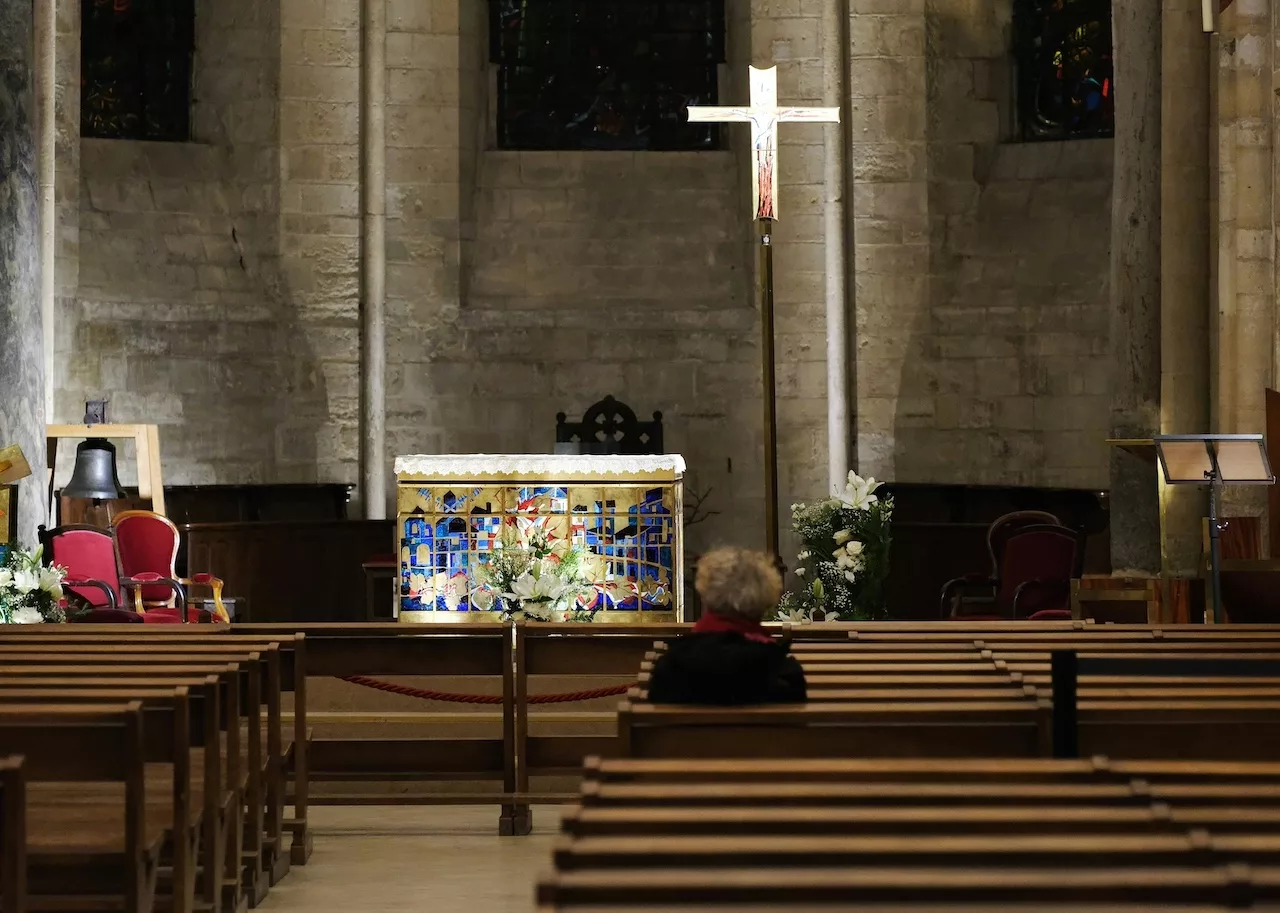Church, at its core, is a place of spiritual connection, reflection, and community. It's a space where individuals gather to seek solace, deepen their faith, and connect with something larger than themselves. Beyond the theological aspects, however, lies a practical element that can significantly impact the worship experience: seating. This post delves into the deeper meaning behind church seating, exploring the concept of "Theology of Comfort" and how the right chairs can foster a more enriching spiritual experience.
Beyond Physical Comfort: Fostering Engagement
Uncomfortable seating, with its nagging aches and fidgeting, can be a major distraction from the message being delivered. Physical discomfort hinders our ability to fully immerse ourselves in the service, hindering active participation in singing, standing for prayers, or kneeling during moments of reflection. Conversely, comfortable seating allows us to relax, focus inward, and engage more deeply with the spiritual aspects of the service.
A Welcoming Embrace: Inclusivity and Belonging
Theology often emphasizes the importance of inclusivity and creating a welcoming space for all. Church seating plays a role in this concept. Choosing chairs with wider seats, cup holders, and removable armrests demonstrates a commitment to inclusivity, ensuring everyone feels comfortable and supported regardless of age or physical limitations. When everyone feels physically welcome, it fosters a stronger sense of belonging and connection within the congregation.
Active Participation: Creating a Sacred Space
Many worship practices involve movement and physical participation. Standing for hymns, kneeling for prayer, or raising hands in praise – these actions become more accessible and meaningful when supported by comfortable seating. When our bodies are not hindered by discomfort, we can fully participate in the physical aspects of worship, creating a more active and engaging spiritual experience.
Focus and Mindfulness: A Sanctuary for the Soul
Theology often emphasizes the importance of fostering a sense of peace and mindfulness within the worship space. Comfortable seating plays a role in creating this sanctuary for the soul. By minimizing physical distractions, comfortable chairs allow individuals to focus on the message being delivered, deepen their inward reflection, and connect with their faith in a more meaningful way.
Beyond Aesthetics: Reflecting Values
The choice of church seating reflects the values and priorities of a congregation. Simple, functional chairs might embody a focus on humility and community. Upholstered chairs with ergonomic features might demonstrate a commitment to comfort and inclusivity. The style and arrangement of the chairs can also contribute to the overall ambiance of the worship space, creating a sense of reverence and awe.
Theology in Action: Putting Comfort into Practice
The Theology of Comfort translates into practical considerations when choosing church chairs:
- Prioritize ergonomics: Consider lumbar support, cushioned seating, and appropriate seat heights for different age groups.
- Embrace flexibility: Opt for chairs that can be easily rearranged for different worship styles and events.
- Promote inclusivity: Choose chairs with features that cater to diverse needs, such as wider seats and cup holders.
- Maintain aesthetics: Select chairs that complement the overall design of your church while remaining comfortable.
Investing in the Spiritual Journey
By prioritizing comfortable and inclusive seating, churches are not simply investing in furniture; they are investing in the spiritual journey of their congregation. Comfortable seating fosters a more welcoming environment, encourages active participation, and allows individuals to connect with their faith on a deeper level. Ultimately, the Theology of Comfort reminds us that physical well-being plays a vital role in enriching our spiritual lives.
